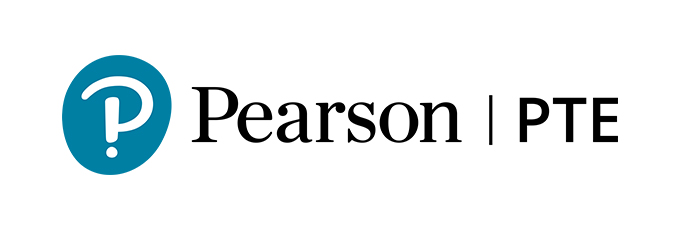The best way to learn English is to live your life in English. Courses and coursebooks help, but nothing beats using English daily with real people and experiencing real moments. Even something as simple as saying hello, buying a cup of coffee and asking for directions can test your skills and help build your confidence. This is the real fun — and you won’t find it in books and classes.
Learning English is a journey that is powerful and personal. You’ll open your mind to new words, new perspectives and new ways of thinking. By living your life in English, you’ll see how your imagination will grow and you’ll open the door to new worlds beyond and deep within you. Let your personality shine through and you can discover what you are capable of in English.
English gives you a common language to make friends and communicate with people from all over the world. It allows you to expand your horizons and be part of a global community. You’ll see how your words have the power to inspire, engage and empower others. Mastering English brings a whole suite of immediate, practical perks too. Out of the seven billion people in the world today, some 1.75 billion people — that’s around one in every four — are speaking English at a useful level. They are studying, living and working abroad and living their lives in English.

Source: Pearson PTE
Although it is one of the world’s most spoken languages, English can feel hard to master. It is, however, worth all the effort. Here’s why:
You can study at top universities
Many of the top-ranked universities in the world are in countries where English is widely used. Over half of the top 100 universities in QS World University Rankings 2023 are located in the US, UK, Canada, Australia and New Zealand. Graduating from any of these schools not only gives you a great degree, but you’ll get to meet and know like-minded and inspiring friends, classmates and professors from all over the world. Make no mistake — going to uni may seem like just another step after school, yet these are opportunities that are set to change your life.
You’ll be able to apply for more jobs
English is the foundation of many global businesses. It is the language used to apply for jobs that will allow you to work with the rest of the world. From starting conversations to brokering deals and trust, being good in English will take your career to the next level.

Source: Pearson PTE
You’ll be able to move to a dozen countries
Not only do you need basic English to survive in most places, but if you are thinking of moving to countries where English is widely spoken, fluency becomes a must. This is because popular destinations like the UK, US, Australia and New Zealand require proof of English proficiency as part of visa applications.
Put your English skills to the test
The first step to achieving any of the above is to prove you’re proficient in English. Taking the Pearson Test of English (PTE), you can prove your English proficiency without the stress.
Our nerves can get the better of us during tests, which then affects how well we do, particularly during the speaking part of exams. If you find yourself in the same boat, don’t worry. This is exactly why PTE came up with the world’s first completely computer-based English test.

Source: Pearson PTE
PTE played a major part in helping 21-year-old Yew Kai Shen from Malaysia, who went on to study at the University of Essex. “I took PTE because I felt it was more comfortable compared to IELTS,” Yew says. “It didn’t make me feel anxious and I felt relaxed when I took the English test.”
PTE is accepted by the Australian, New Zealand, and UK governments for study and migration. The test is designed to be as stress-free as possible — it is a single two-hour session and can be taken from any of the over 390 test centres in more than 115 countries. There are a variety of resources to support you at every stage, so you’ll be fully prepared to take the test. Plus, results are out typically within 48 hours.
So what are you waiting for? Don’t put that dream of moving abroad on hold. Start living your life in English and put your skills to the test.
Follow PTE Academic on Facebook, Instagram, Twitter and YouTube













